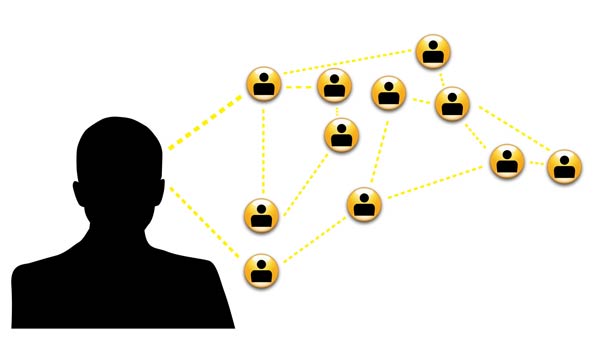
The Internet has opened up the world to our children. In many ways, this can be beneficial. Knowledge that may have taken hours to find is available within minutes and children aren't stuck having to learn things at a pace that may be too slow for them.
In other ways, however, the vastness of the Internet, and especially its ability to mask one's true identity, can be harmful and even deadly to our children. One trend that can be harmful has recently gained attention in both media and the courts. This is catfishing.
What is catfishing?
Catfishing is the term given to creating a false profile online in order to deceive others. The majority of cases are embarked upon in order to pursue a romantic situation with someone else. A person will make up an entire identity, sometimes even creating a whole history and network of family and friends that do not exist, in order to get someone to share personal information and romance with them.
Who participates in catfishing?
Those guilty of catfishing can be almost anyone. A junior high school kid who feels nobody will like the real him may create a persona of the person he wishes he was. A bored housewife may find it thrilling to experience an online romance to make her life seem more exciting.
Online predators will pretend to be a young person and lure young girls and boys into his life. While some of these may seem harmless, they all hold potential for disaster and harm. Obviously, the online predators are the worst.
What harm can be done?
Our kids are just starting to learn about the world. Much of who they will be and how they will relate to the world as adults begins now. Being a victim of catfishing can cause a child to feel devastated, heartbroken and even ashamed that they fell for the scheme.
While one child may run away to be with the person they have "fallen in love with", only to find that person doesn't exist, another may find out the truth and be so heart-broken she commits suicide. Those who fall victim to online predators suffer not only emotional devastation, but also physical harm and sometimes death. Regardless of the outcome, the child will never be the same nor see the world as the safe place they once believed it to be.
What about the child who is the perpetrator of a catfishing scheme? This child may be creating a false world because he feels inadequate being himself. She may be trying to get even with someone she doesn't like or is angry at or he may think it's funny to be able to get away with the deception. Maybe he is a budding online predator trying to lure younger kids into his lair.
Whatever the case, each of these kids needs help. While they may need psychological help, it may also be a matter of them actually learning how it feels or what damage can be done. Empathy is lacking in those who set out to deceive for merely fun or revenge.
What can a parent do?
As parents, it is first and foremost our responsibility to keep our kids safe. One of the most important things is being able to sit with your child and talk to them about appropriate and inappropriate behavior regarding the internet. Teach them what they can and can't share and make a point of reinforcing those guidelines often. Talking is only the beginning, however.
-
Don't shield them. Share with them news stories and articles of cases of catfishing and online predators. Let them see it is a reality and takes place every day, in every corner of the world.
-
Teach them what to look for. Help them learn the signs a person may be feeding them false information. Does the person seem to change their story, even slightly? Does the person refuse to Skype? Does the person's online time coincide with what they claim their daily activity is?
-
"Friend" them on social and game sites. You don't want to do this to make your presence known or otherwise interfere, but by being able to see what activities they share and post, you can get a better idea of what is going on in their lives and head off possible trouble. Insist on having password access to all accounts they have. Keep full tabs on their digital actions through uKnowKids.
-
Install parental controls on computers. Granted, libraries, phones and many other places give children access to the internet, but don't forget to install controls on every device, including home computers.
-
Stay vigilant. Online predators are patient. Letting your guard down even slightly can make a difference between keeping your child safe or having him become the next victim of a sick and twisted mind.
Check out 10 Ways to Protect Your Kids From Catfishing to put a stop to the threat of catfishing!



